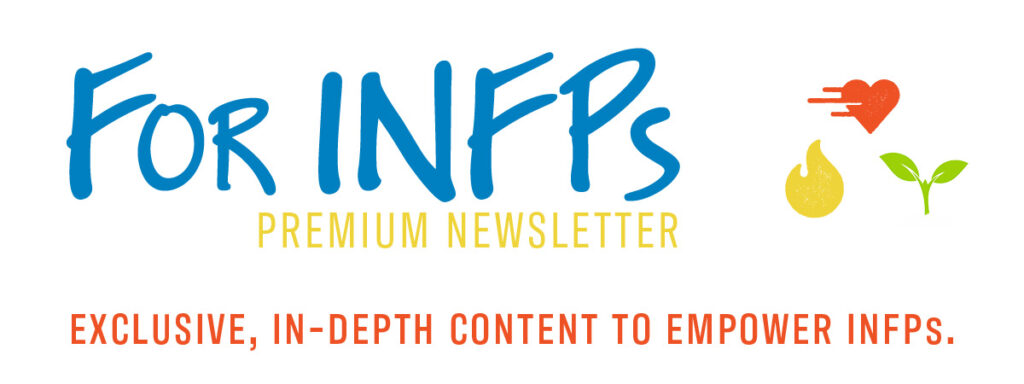I am an introvert. But, growing up, I would have preferred to have been an extrovert: outgoing, social to a fault, and able to speak my mind on the spot. As a teenager and into my twenties, I tried to be and do all of these things, but I could never really do them like the people around me seemed to. Then, one day, I just gave up – it was too tiring – and decided that since I was an introvert, it was the only thing I could really be. But to my delight, all the years that I had tried poorly to disguise myself as an extrovert, I had been practicing some very important extroverting skills, which ended up supporting my introverted activities. Now I’m proud to say that while I am an introvert and revel in those activities, I can also extrovert when I need to, and this makes me feel much better about my introverted activities. But, this is actually not a post about extroversion/introversion – it’s about strengths and weaknesses, and how your weaknesses can be developed to support your strengths. I personally like to think of a strength as something that you are not only good at, but, also, something that you enjoy doing, and a weakness, therefore, as the opposite. Developing your weaknesses is a good thing, but only to the extent that they help you use your strengths.
Using your Weaknesses to Overpower your Strengths
Some people will advise you when planning your personal/professional development that you should focus on developing areas of weakness. And, while on the surface, this seems like sound advice, I think you really want to be focusing on your strengths, since you have more of an opportunity to excel in those areas. When people take this advice, I can’t help but feel like they are ignoring their strengths, and in a way trying to cover them up by developing their weak points. I believe this usually occurs when you have strengths that aren’t widely valued by the people/environment around you. Or, when you feel your strengths are odd. Spending time developing your weaknesses is worthwhile because it gives you balance, but spending time developing your weaknesses so you can use them over your strengths only serves to exhaust you. Consider this, if you have strengths that those around you do not have, you actually have an advantage to excel in an area that they can’t. Focusing on qualities you do possess will lead you to a more desired outcome for you, than on focusing on qualities you don’t have. In summary, by developing your strengths you have the opportunity to become expert in them, and you don’t want to give that up. Since you enjoy using your strengths you will be more likely to develop them, and it will require less energy and time to do so. Favoring your weaknesses may mean that you continually find yourself in situations that you don’t like very much. Avoid this as much as possible.
Using your Weaknesses to Complement your Strengths
Focus on what you have. I’m not saying that you don’t want to work on your weaknesses at all, because that will be helpful to you. I’m just saying to keep it in perspective to your strengths, where you develop your weaknesses in order to support your strengths, and become a well-rounded person. In this case, you are practicing using your weaknesses so that you can use your strengths more efficiently and to a greater extent. Underneath this approach is a belief that the strengths you possess are valuable and the best way for you to give to the people around you. The benefit to building up your weaknesses is that you can act, without great anxiety, in a whole range of situations. An undeveloped weakness is like a blindspot, you can’t see anything coming from that direction. To use the introvert/extrovert example, practicing your extroversion would lessen your anxiety about speaking in public, sharing ideas in a meeting, socializing with a lot of people you don’t know well among other things. Introverts often have lots of great ideas and opinions about things – seeing as how they are good at listening, observing, and being thoughtful. But, without the complementary extroversion nobody is ever going to know that you have some great ideas. Opportunity lost. Developing your weaknesses in order to gain balance really helps you to focus on your strengths more, since you are not afraid or anxious about using that particular skill that is weaker. But, it’s not about forgoing your strengths all together.


Be First to Comment